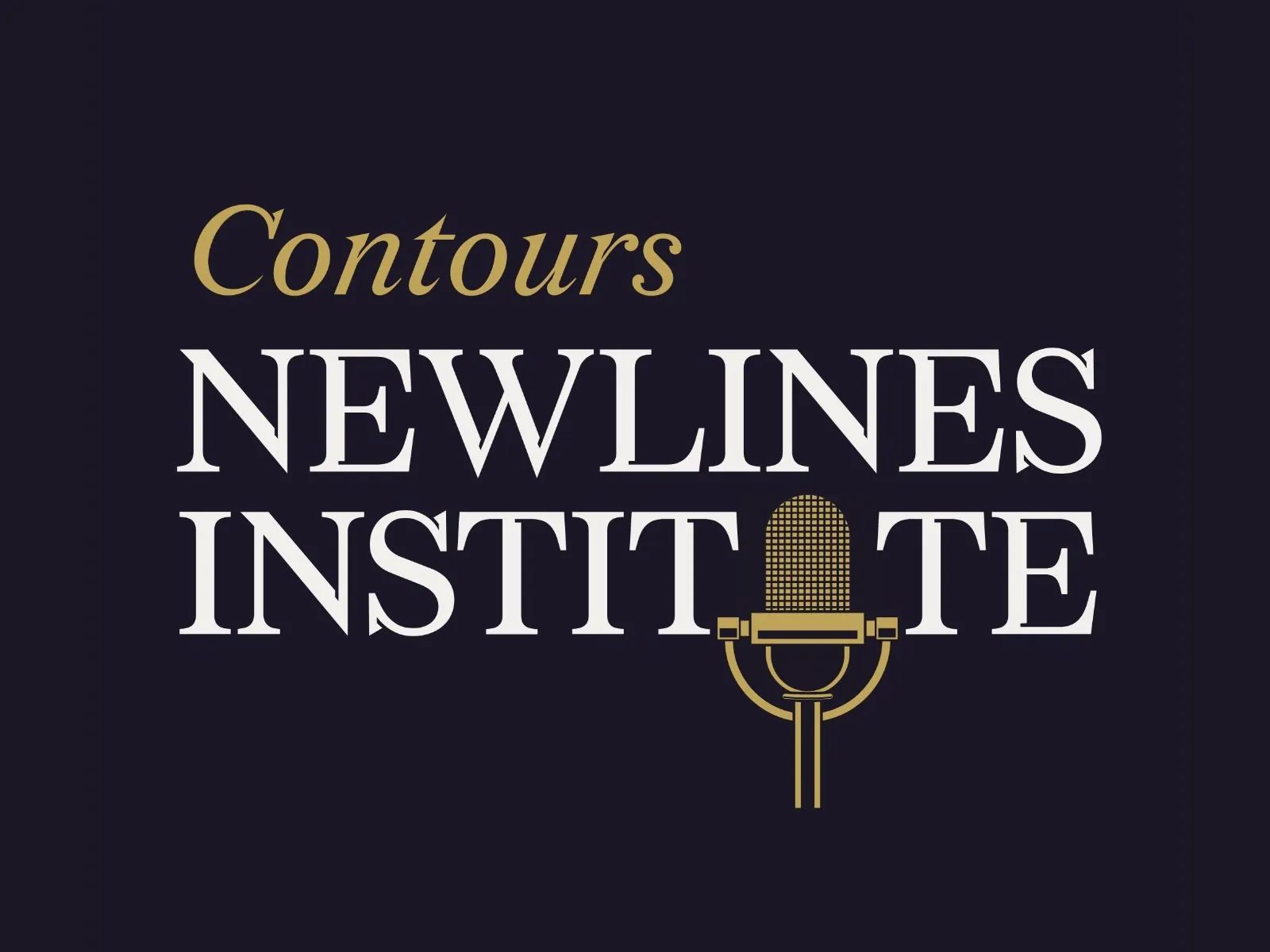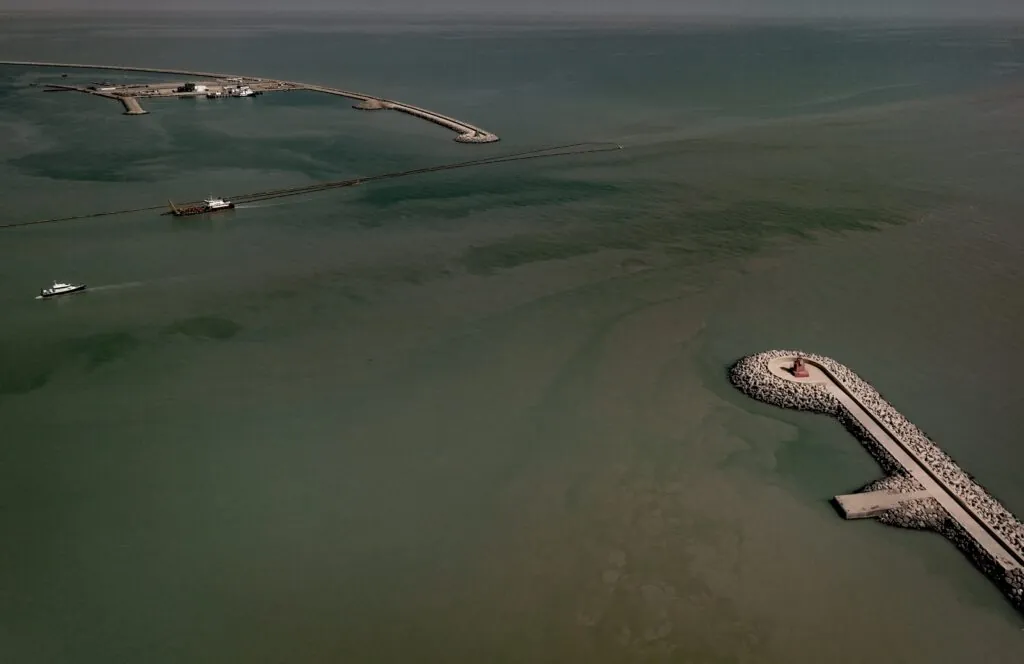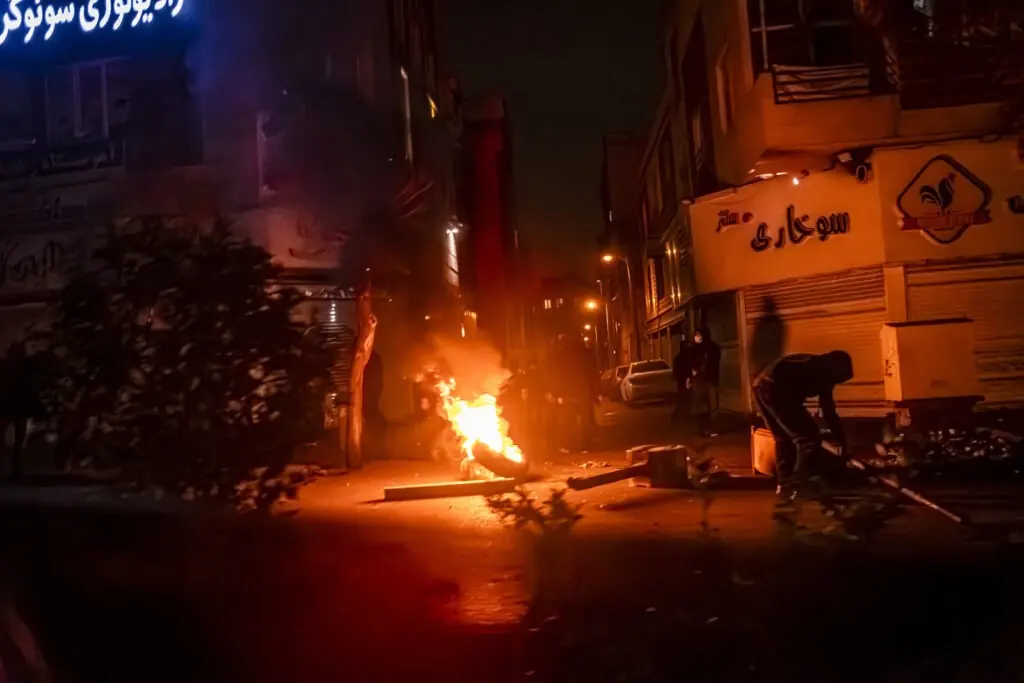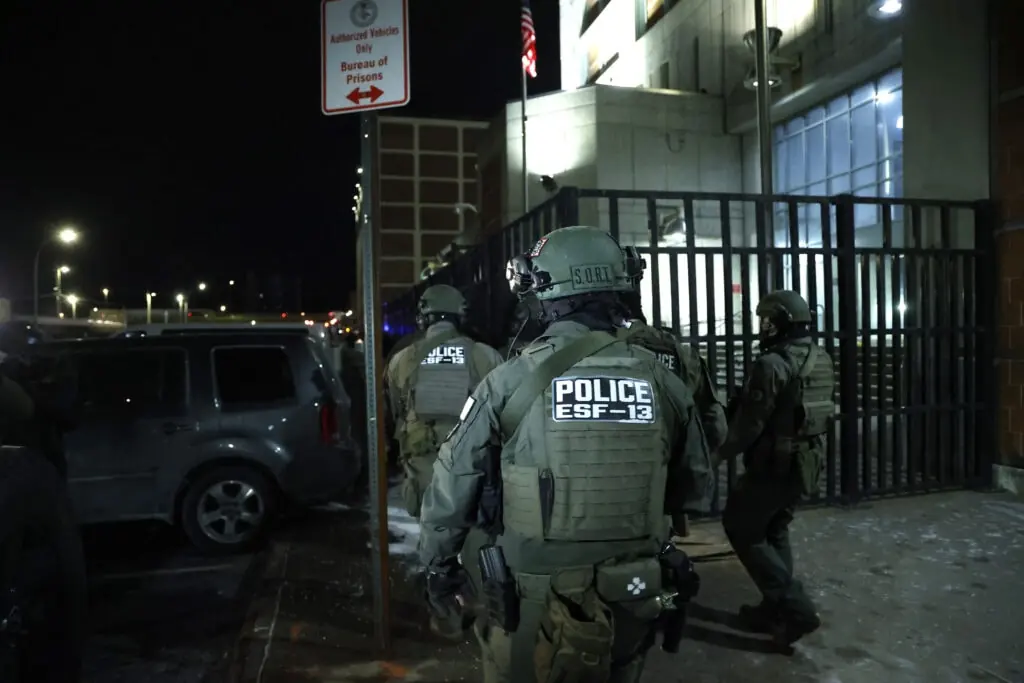
5 More Years of Erdogan: What’s Next for the Turkish-Kurdish Conflict
In the newest episode of Contours, host Carolyn Moorman, New Lines Analyst Calvin Wilder, and the Kurdish Peace Institute’s Director of Research Meghan Bodette dive into areas in which Ankara’s policy rule book regarding the Turkish-Kurdish conflict will confirm and diverge from previous policy, given President Recep Tayyip Erdogan’s re-election for another term in May’s elections.
Footnotes




